REDUCING DEPENDENCE BUT NOT UNDERESTIMATEING THE ROLE OF TEXTBOOKS
Ms. Pham Thai Le, a teacher at Marie Curie Secondary and High School (Hanoi), positively evaluated the empowerment of teachers in teaching according to the new curriculum, especially the right to choose materials other than textbooks that are suitable for the lesson objectives and the students they are teaching. However, this also forces teachers and students to read more and learn more, and this is also the motivation for teachers and students to change.
Ms. Le also shared that reducing dependence on textbooks, although it seems simple, to implement it requires a process and the courage to innovate. In the beginning, to be safe, instead of completely depending on a certain textbook, teachers will choose materials from many textbooks to teach and this should also be considered a positive sign.
Having many textbooks gives teachers more choices. For example, depending on the content, even each grade, each different textbook has different strengths and weaknesses. The school still chooses a list of main textbooks, but if teachers only rely on that textbook without researching, learning and incorporating materials from other textbooks or other texts into their lessons, both teachers and students will have to accept both the advantages and disadvantages of that textbook.
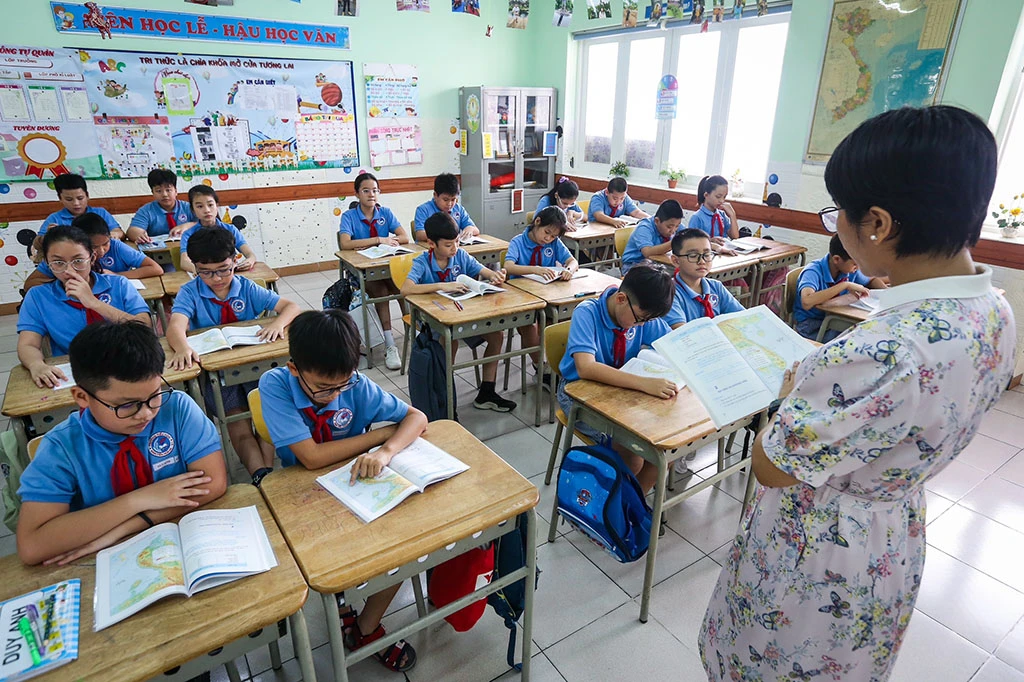
According to the Minister of Education and Training, textbooks are learning materials, and can also be special learning materials, but teachers need to use textbooks proactively, without depending on others.
Therefore, according to Ms. Le, teachers must carefully study different textbooks and different learning resources to select and suggest to students to read and learn suitable authors and works, including authors that are not included in textbooks. Teachers must be a "filter", an assessor before including them in the lesson for students.
However, Ms. Le also emphasized that we should not be extreme in "escaping" textbooks in the teaching process because no matter how they change, textbooks are still special documents for schools. "We do not depend on textbooks in the aspect that even though we see that there are parts of the content that are not good or not suitable, we still rigidly teach them to students because we think that textbooks are "laws"; but there are contents and works that the textbook authors choose that are very good, very good, then the task of teachers is to convey the content in those textbooks to students in the most familiar and easy-to-understand way, not to find other materials other than textbooks, then that is innovation", Ms. Le said.
" TEACH HOW" NOT "TEACH WHAT"
After 20 years of teaching literature, Ms. To Lan Huong, Nguyen Sieu Secondary and High School (Hanoi), assessed the 2018 General Education Program as a transformation of the thinking of each subject. The program completely changed the way of rote learning, the thinking of what you learn will be tested. Previously, students learned 5 works, teachers reviewed those 5 works. For example, if a teacher taught Truyen Kieu , they would take the Truyen Kieu test, if a teacher taught Nguoi lai do song Da , they would take the Nguoi lai do song Da test... This became a rut for teachers. In the 2018 General Education Program, Ms. To Lan Huong said that literature has changed a lot, that is, "teaching the way" rather than "teaching the thing", with 4 skills of listening - speaking - reading - writing, which is a complete change compared to before.
"In the past, we only focused on reading comprehension, then took exams, tests, and analyzed available questions. Teachers and students studied like that from grade 6 to grade 12 and focused on how to write the test. Now, students learn and develop the four skills of listening, speaking, reading, and writing," said Ms. Huong.
Ms. To Lan Huong added that teachers teach students how to read, how to listen, how to speak, how to write and when evaluating, the materials are not in the textbooks. Thus, the materials that teachers teach are only a reference, clarifying the reading skills of the genre, while students will have to "fight" with a completely new work. The test results between the new program and the old program will also be very different. Therefore, students find it difficult and confusing in grade 10, but in grade 11, it will no longer be the case. That is a huge change, although in the first years, students' scores will not be at a safe level as much as before.
Ms. Nguyen Thi Nhiep, Principal of Chu Van An High School (Hanoi), also believes that change requires a persistent process. According to her observations in different schools, when first approaching the new program, teachers participating in training still tend to stick to a specific textbook to ask questions and raise concerns. Many teachers are afraid that if they miss out on some content in the textbook, their students will be lacking, and if the exam questions are on that part, their students will be disadvantaged. Some teachers also think that the lesson sequence in the book must be followed exactly. When their thinking is "unleashed", teachers gradually understand that the textbook is just an important document among different learning resources used in teaching.
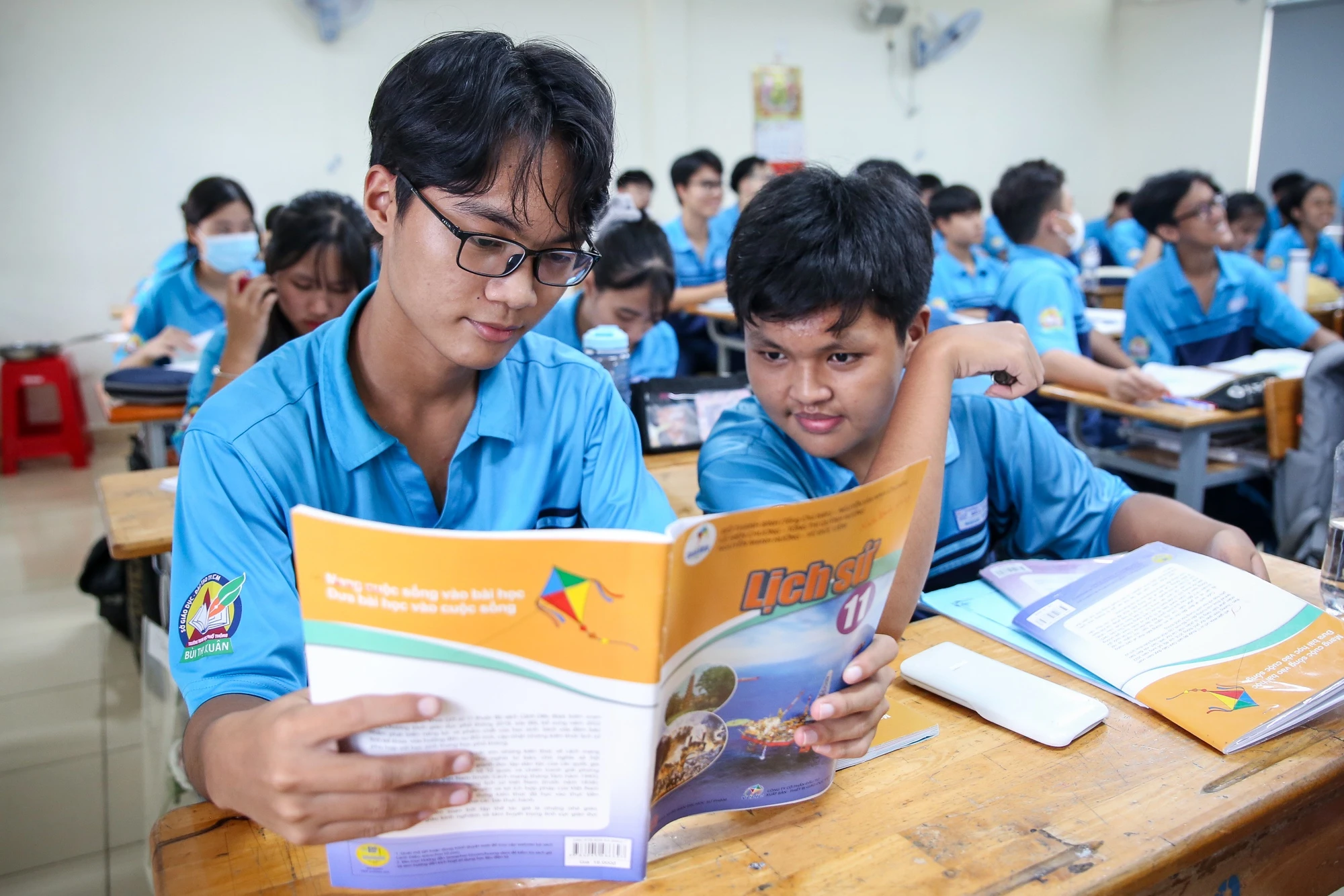
Having a variety of textbooks will give teachers more choices when using teaching materials.
TEACHERS MUST BE TRAINED TO UNDERSTAND THE PROGRAM DEEPLY
A primary school teacher in Thanh Xuan District (Hanoi) said that for a long time, training for teachers has been carried out by textbook publishing units. Meanwhile, to reduce dependence on textbooks, teachers must be trained and educated to have a deep understanding of the program. "However, no matter what, textbooks must be standardized," this teacher emphasized.
Mr. Nguyen Anh Tuan, Head of the Natural Science Group, Nguyen Sieu Secondary and High School, also commented that the new curriculum has fewer words and pages, but teachers have to work harder. Currently, training sessions focus on this book or that book, but many teachers do not understand the curriculum.
Acknowledging this reality, Ms. Pham Thai Le pointed out that the less dependent on textbooks, the more precise and specific the program must be, and the output standards must also be clear for teachers to evaluate appropriately. For example, in the subject of literature, when testing and taking exams, students are required to do analysis and argumentation based on a completely new work, the requirements must also be at a very appropriate level. Currently, the program still has a lot of knowledge content that is quite heavy, causing teachers who do not rely on textbooks and do not have experience to worry about whether they have met the requirements of the program or not. (continued)
The final goal of the policy of multiple textbooks has not been reached yet.
Regarding the trend of operating in accordance with the policy of a program with many textbooks, sharing with Thanh Nien reporter, Mr. Nguyen Dac Vinh, Chairman of the National Assembly's Culture and Education Committee, said: "If the spirit of a program with many textbooks is correct, then in a lesson, teachers and students can use any textbook. Therefore, the right to choose which books should belong to students and parents. Why do we have to choose this or that set? If the set of books is not good, not attractive, not easy to use, they will not be used. Currently, we have not reached the final goal of using any book in a lesson. This place has learned this book but introducing another book is out of sync, very difficult. Actually, a program with many textbooks should be the same 5th grade math lesson, sitting anywhere, using any book is correct. Like that, there are 5 math books on the market, if I have the conditions, I will buy all 5 for my child, what's the problem?"
Minister of Education and Training Nguyen Kim Son recently shared: "The big change this time is the unified national program, the requirements, textbooks are learning materials, they can also be special learning materials but we need to use textbooks proactively, not dependently. They are tools and we are ready to use other textbooks, other learning materials, use them flexibly, promote our initiative".
According to Mr. Son, if we cannot change our approach to textbooks, we will not achieve very important innovation.
The head of the education and training sector also emphasized the role of principals in helping teachers reduce their dependence on textbooks: "If the principal does not innovate, it is difficult to hope for the school to innovate. If the principals do not change, the change of teachers will be very difficult and can lead to collapse."
Source link


![[Photo] The beauty of Ho Chi Minh City - a modern "super city" after 50 years of liberation](https://vstatic.vietnam.vn/vietnam/resource/IMAGE/2025/4/18/81f27acd8889496990ec53efad1c5399)
![[Photo] Nhan Dan Newspaper announces the project "Love Vietnam so much"](https://vstatic.vietnam.vn/vietnam/resource/IMAGE/2025/4/17/362f882012d3432783fc92fab1b3e980)
![[Photo] Closing of the 4th Summit of the Partnership for Green Growth and the Global Goals](https://vstatic.vietnam.vn/vietnam/resource/IMAGE/2025/4/17/c0a0df9852c84e58be0a8b939189c85a)
![[Photo] National Assembly Chairman Tran Thanh Man meets with outstanding workers in the oil and gas industry](https://vstatic.vietnam.vn/vietnam/resource/IMAGE/2025/4/17/1d0de4026b75434ab34279624db7ee4a)

![[Photo] Promoting friendship, solidarity and cooperation between the armies and people of the two countries](https://vstatic.vietnam.vn/vietnam/resource/IMAGE/2025/4/17/0c4d087864f14092aed77252590b6bae)
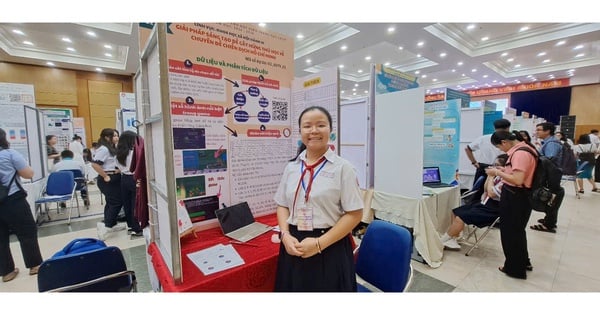

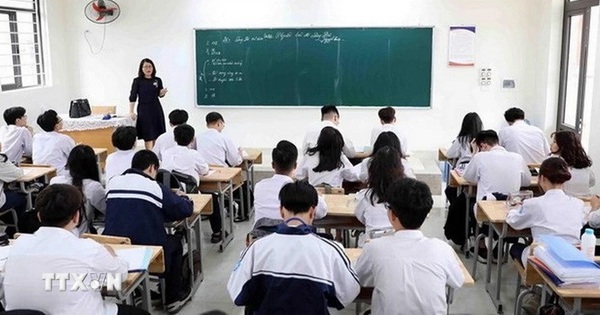

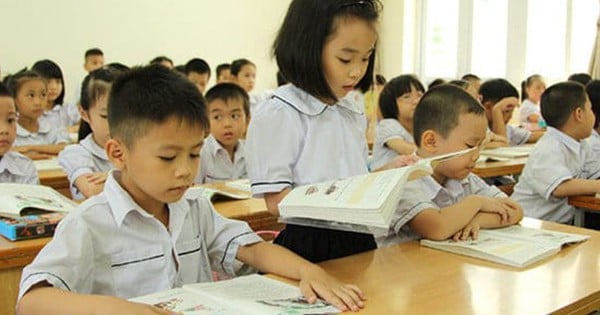

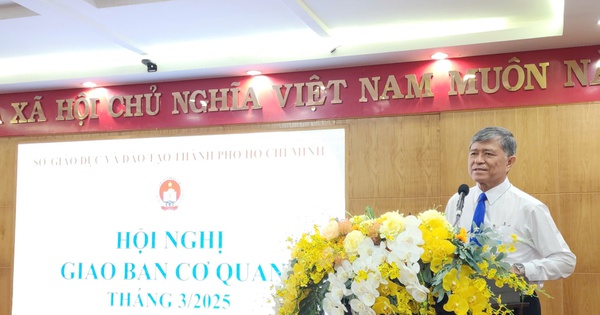
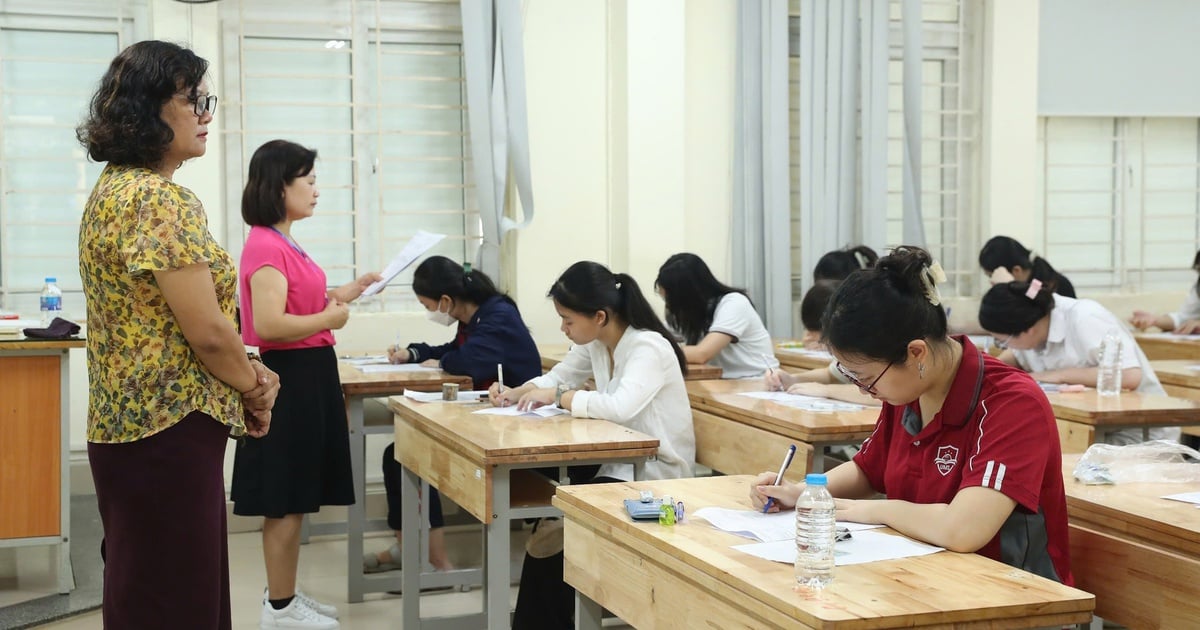

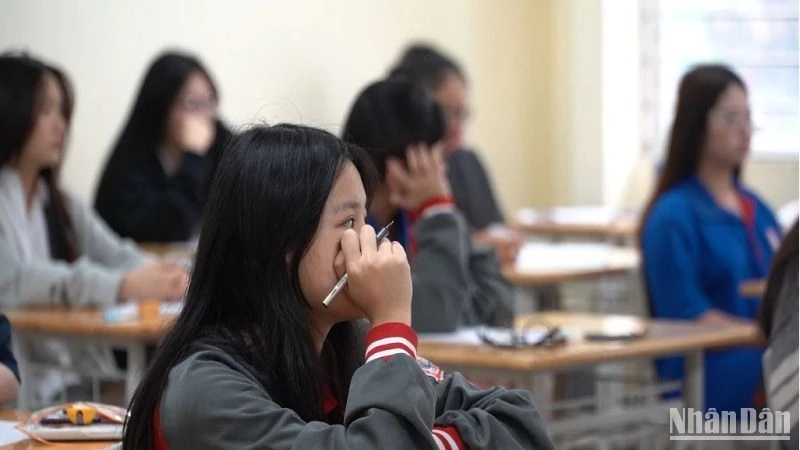

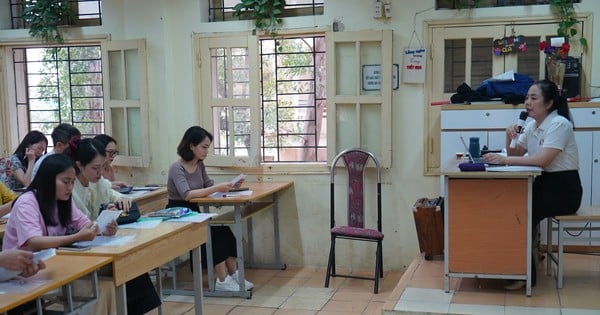







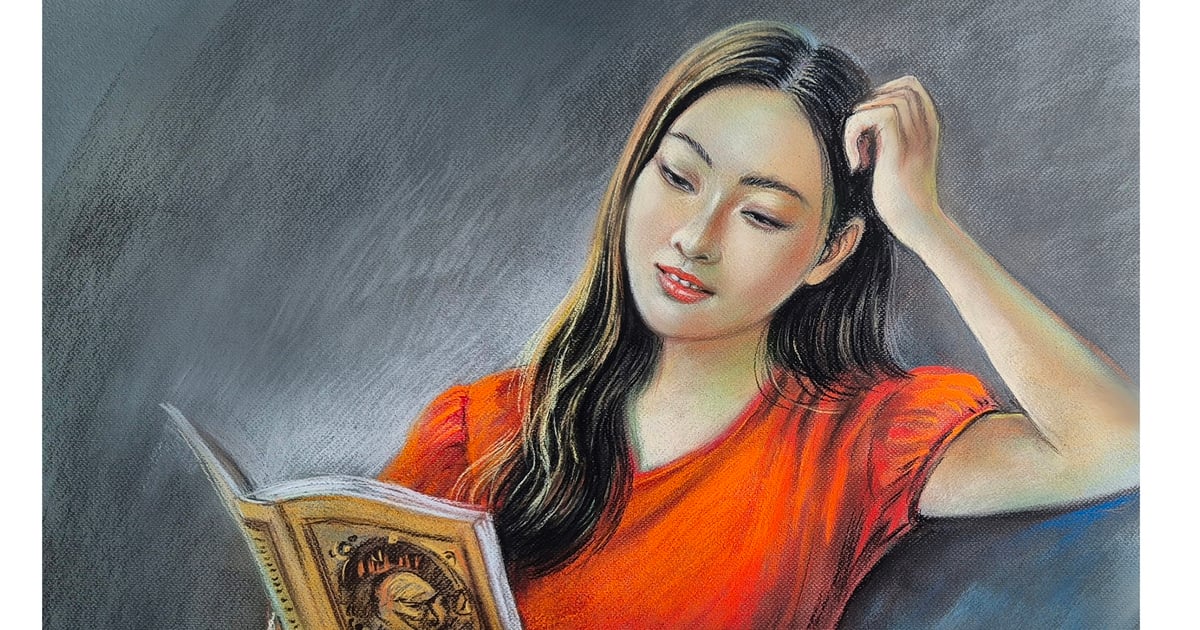
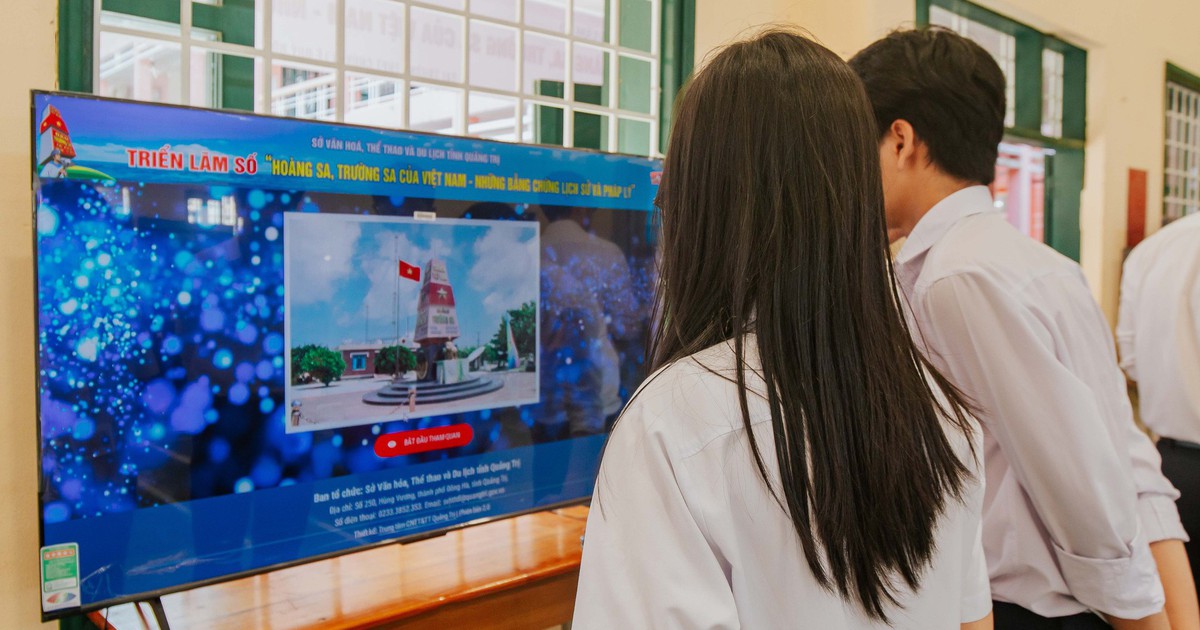
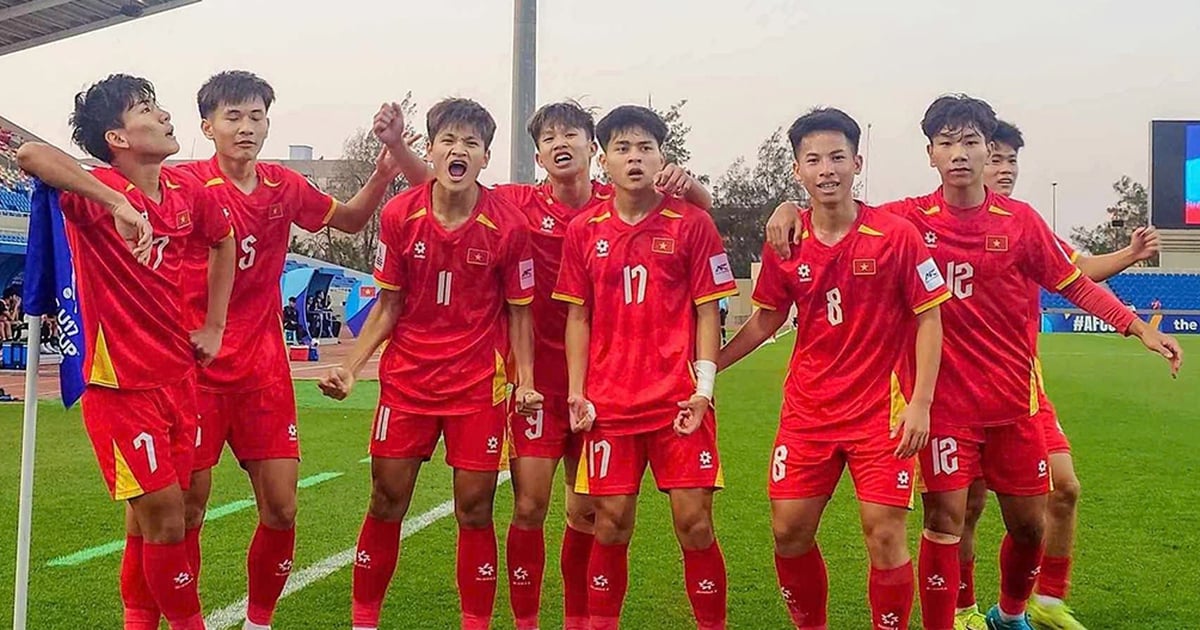
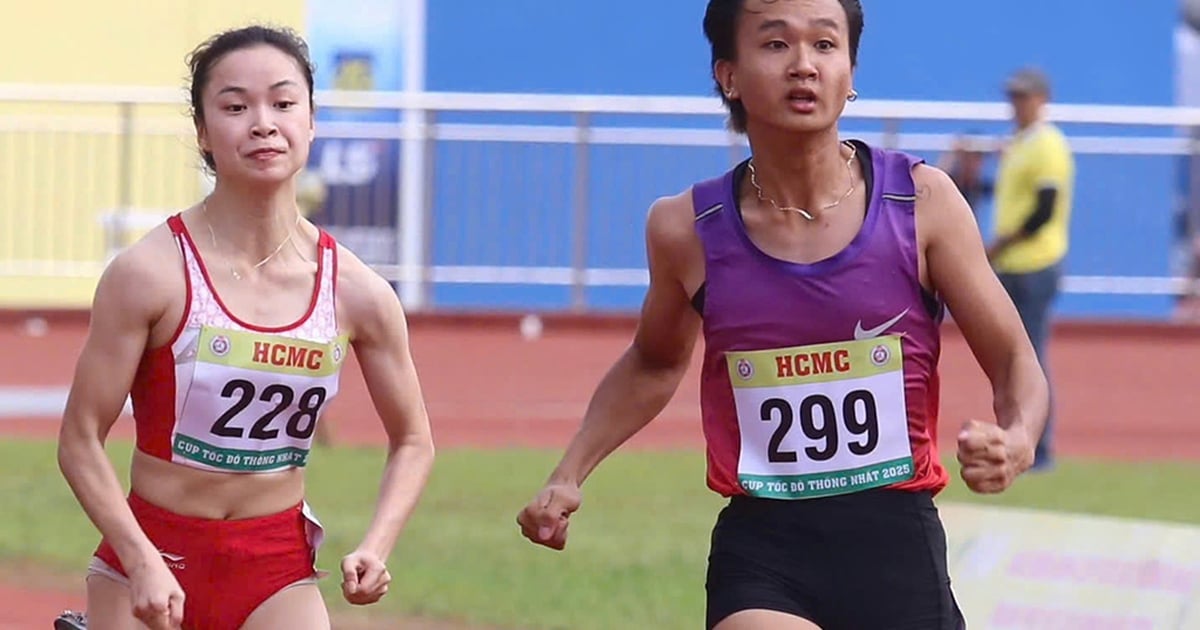

![[Photo] General Secretary To Lam receives French Ambassador to Vietnam Olivier Brochet](https://vstatic.vietnam.vn/vietnam/resource/IMAGE/2025/4/17/49224f0f12e84b66a73b17eb251f7278)


























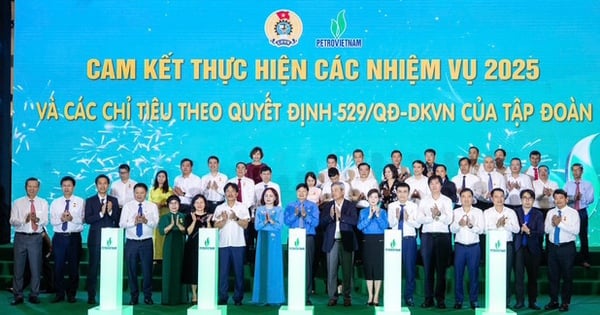





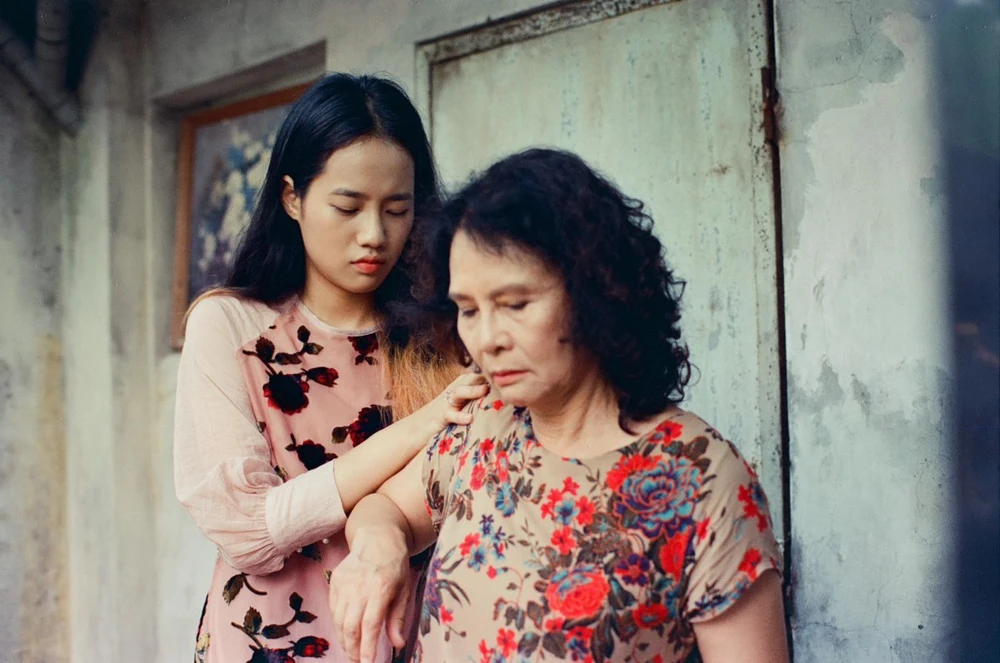
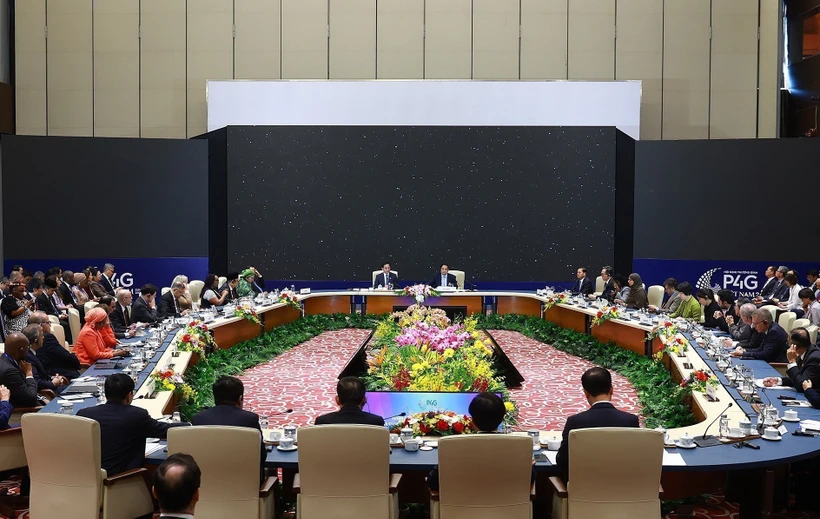


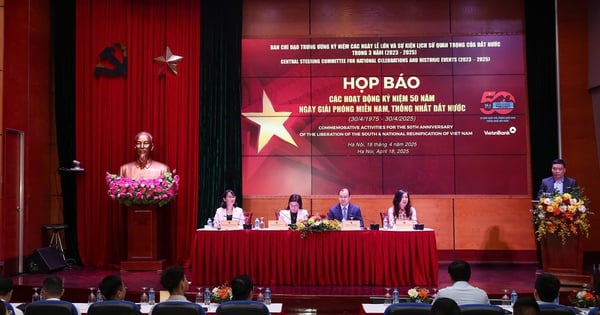



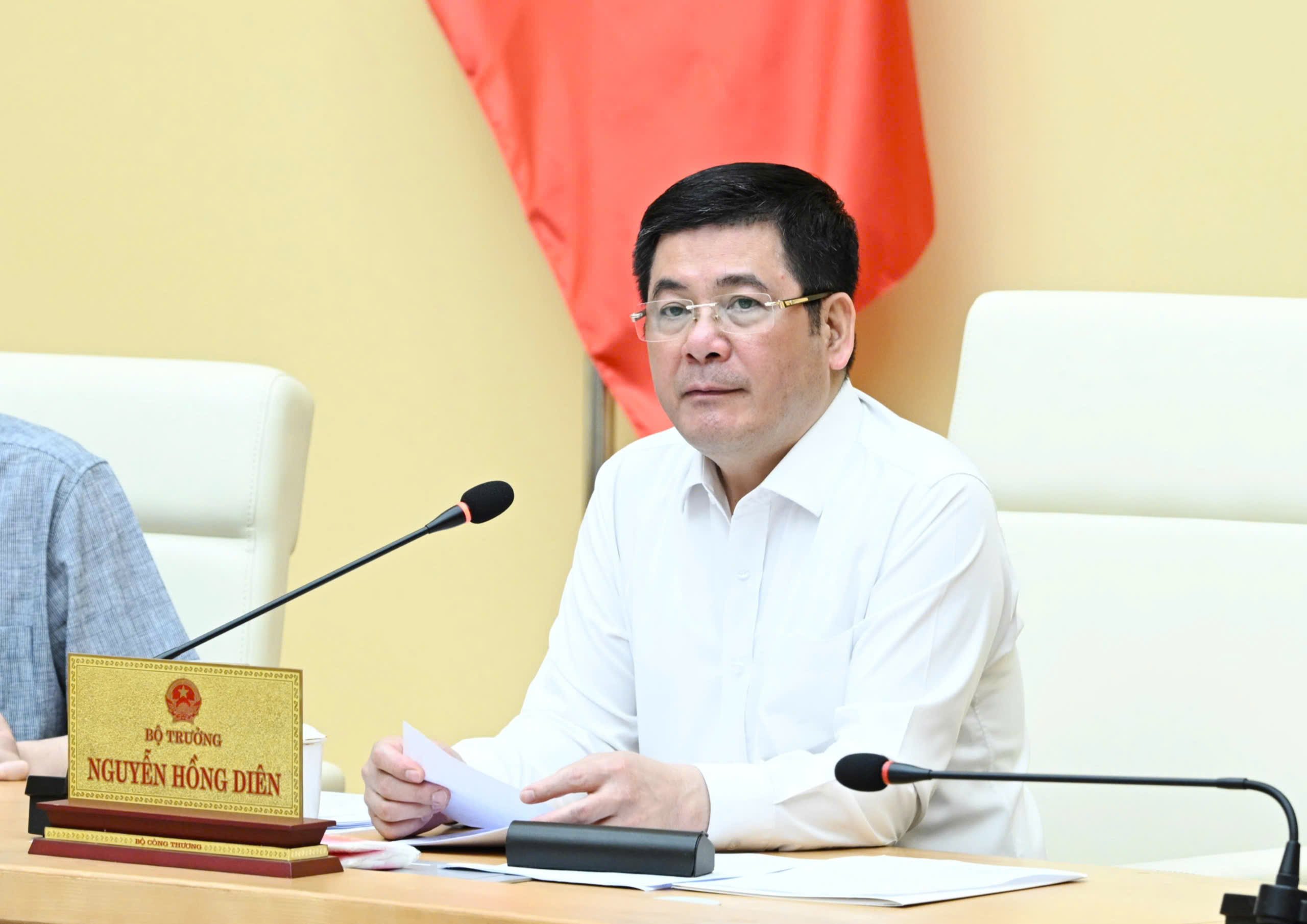


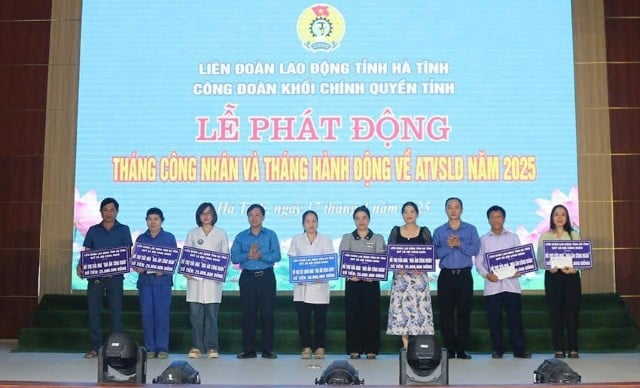

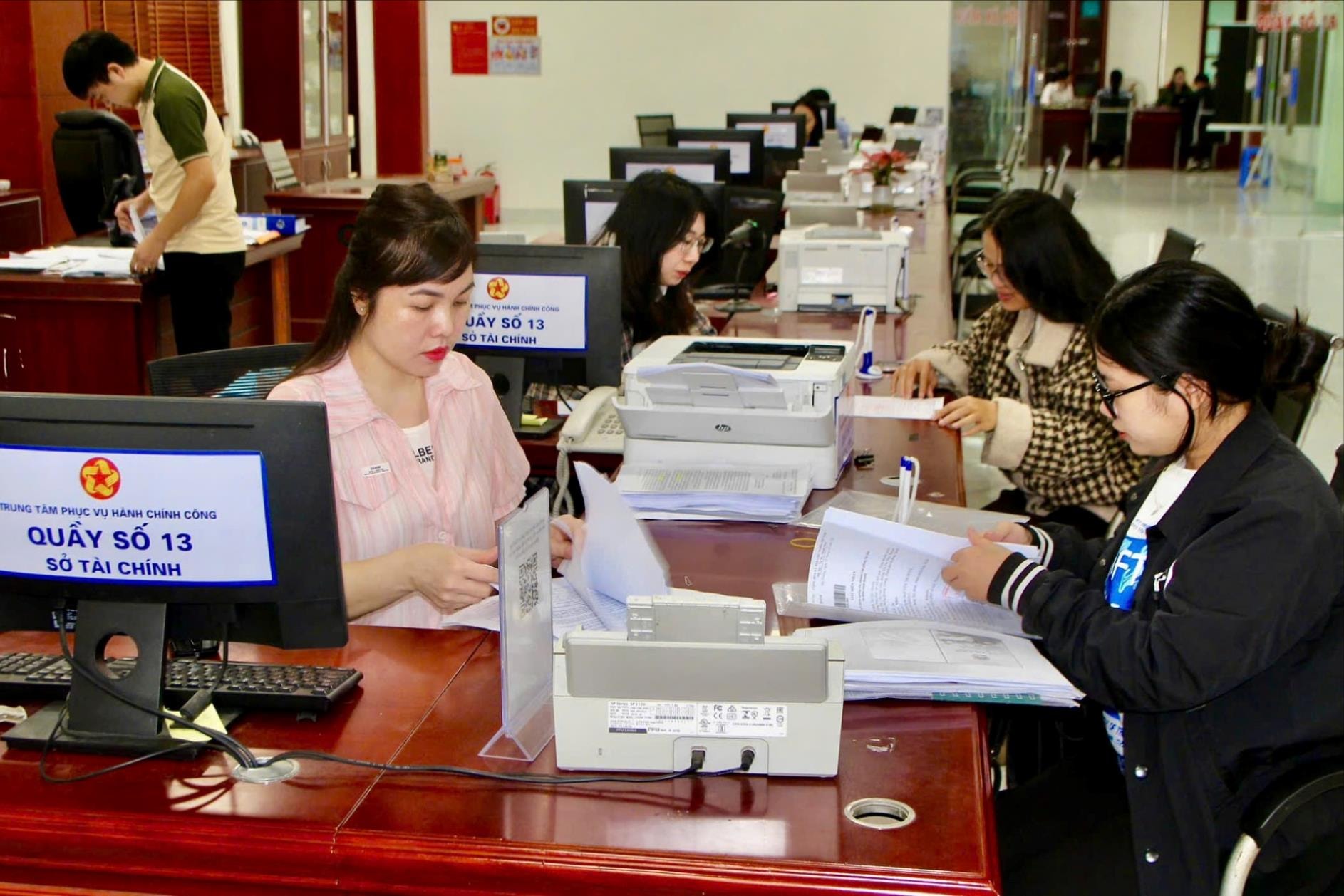

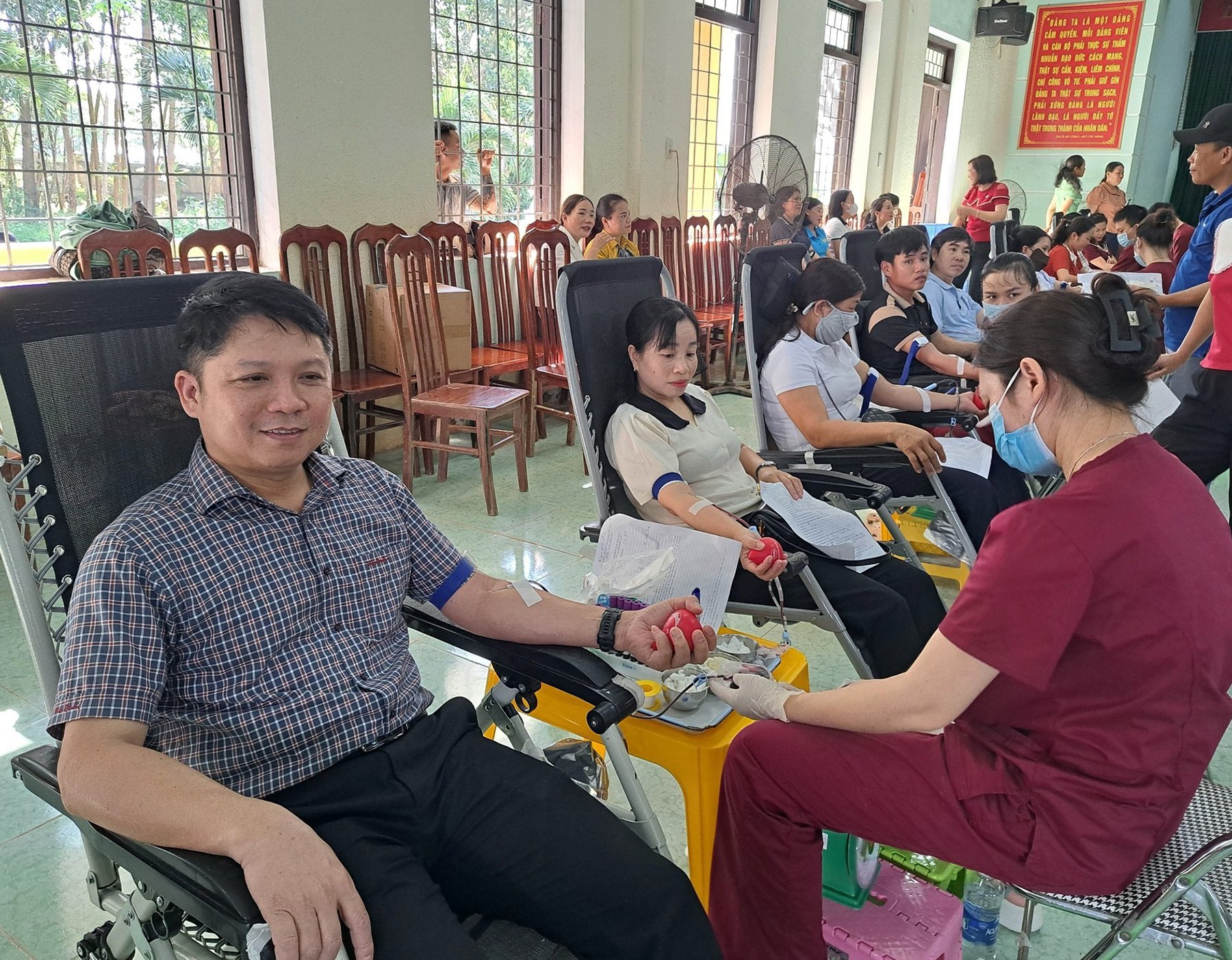

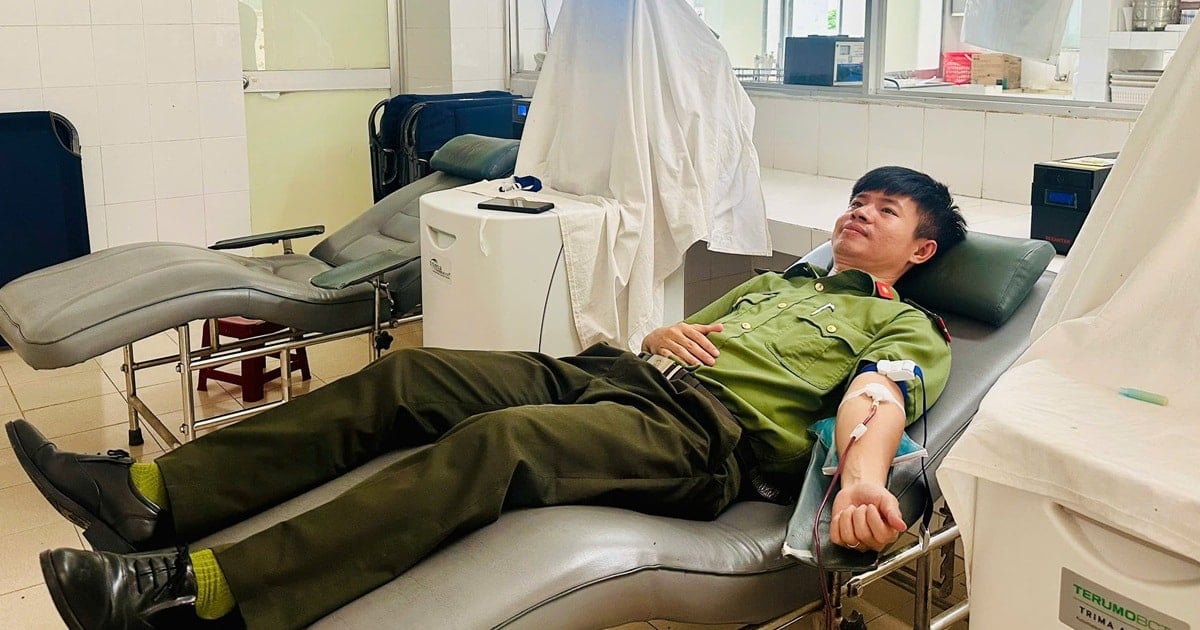

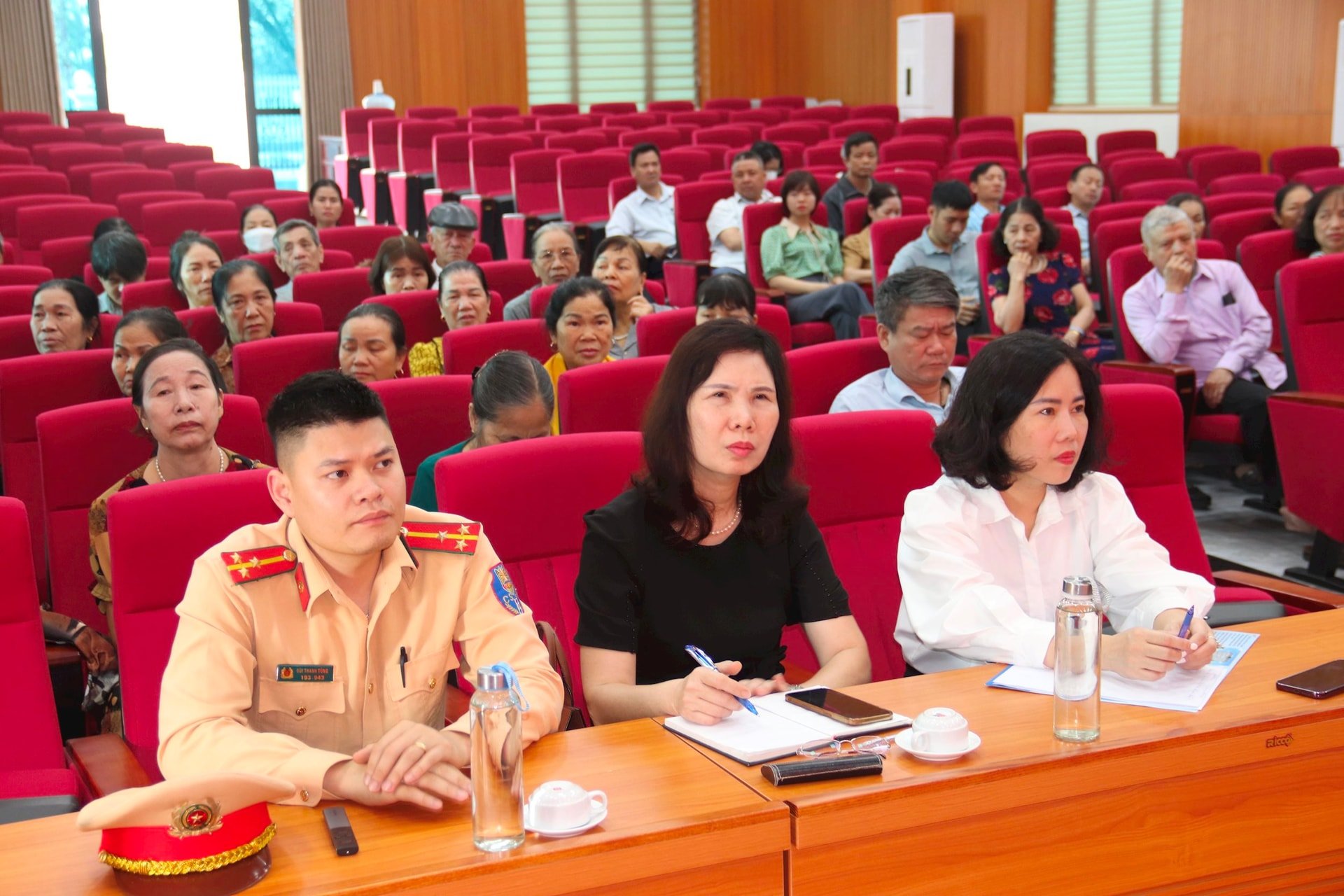
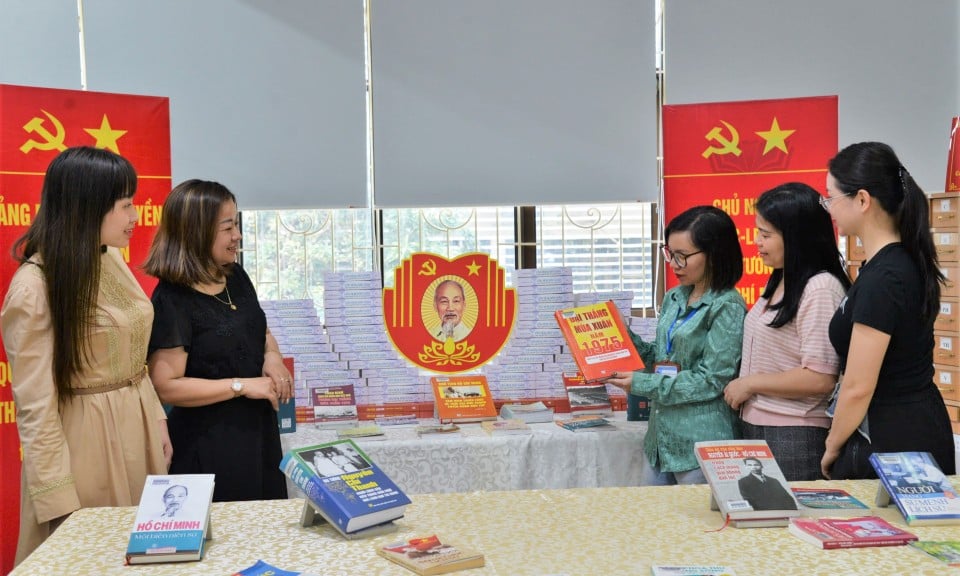











Comment (0)